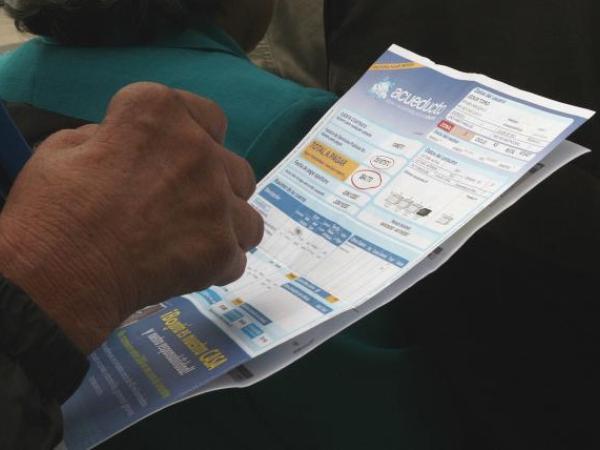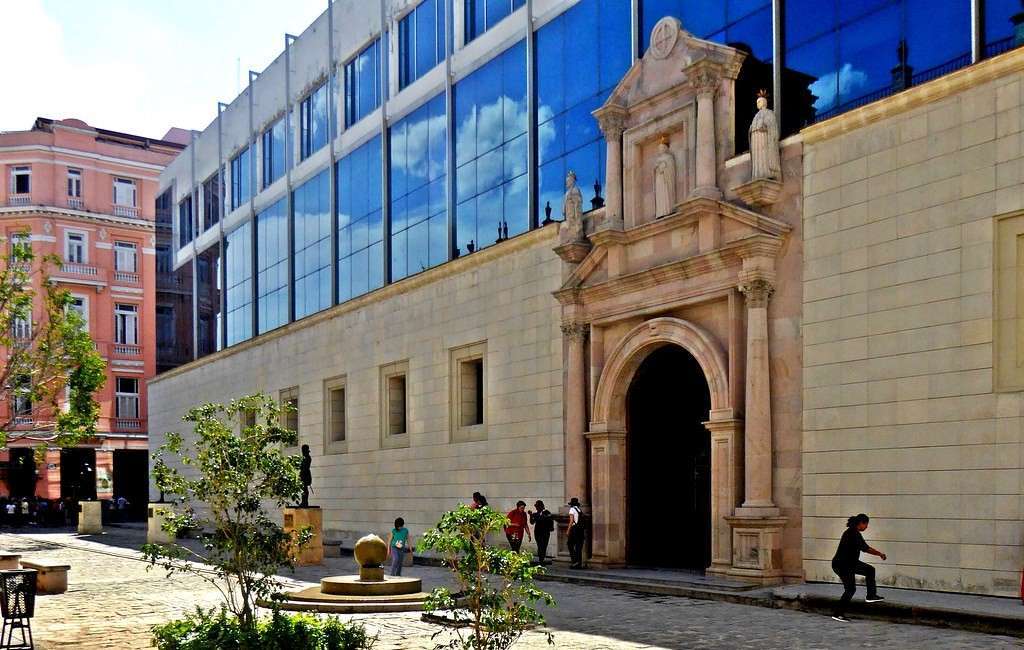Through a decree signed on February 16, President Gustavo Petro assumed the regulation of public services in Colombia. From now on, the president will comply with service regulation tasks for 3 months, until May 16, 2023, and may request technical support from the Drinking Water and Basic Sanitation Regulation Commission (CRA) and the Energy Regulation Commission and Gas (Creg), as well as other entities in each sector.
For its part, Decree 0227 establishes that the Regulation commissions will continue issuing the administrative acts of a particular nature that they currently exercise. However, from the Energy and Gas Regulation Commission, Creg, the decision continues to go against the institutional framework.
(Read: Petro will regulate public services: this is what it will be able to do).
From the Commission they assured, through a 29-page letter, that the law provided that the commissions exercise the regulation of public services independently and technically. Even, that these functions exceed only the general efficiency control criteria.
“Law 143 of 1994 assigned to the Energy and Gas Regulation Commission the functions of regulating the electricity service, without being subject to a delegation of these by the President of the Republic“, they explain in the letter addressed to the Minister of Mines, Irene Vélez.
They also emphasize that the regulation of services they go far beyond article 370 that President Gustavo Petro cites to take control of these functions. For this reason, the Creg emphasizes the importance of maintaining technical independence, not only from regulatory decisions, but from all the responsibilities that the law has defined.
“Affecting the rules defined to ensure the reliability of the system, which was one of the lessons left by the situation of shortage of demand in the period 1992-1993, jeopardizes the attention to demand in the event of a critical event, which could entail to situations of neglect of said demand“, explains the entity.
(Read: They call an auction for capacity expansion for power generation).
They also highlight that a large part of the investments that the sector has obtained is due to trust in the institutions, which has been built in the last 27 years that they have been in business.
Energy.
“It is important to recognize that thanks to the application of the regulatory measures adopted, the increase in consumer prices has been less than the increase that would have occurred in the most critical moments of the confinement and at present, but the recovery of costs has not still transferred to end users is necessary to avoid affecting the capacity and sustainability of service providers.or”, they expose.
However, they also emphasize the process used to define rates based on free market or monopoly standards, according to the components of the service provision chain.
“To act on any of the components of the cost of the service, the theoretical and technical bases on which one or the other scheme was designed should be consulted, which is closely linked and has an integral and biunivocal relationship with the remuneration of providers. of the service to whom the provision of the service is assigned under minimum conditions of continuity, quality and other efficiency standards that must be achieved progressively”, affirms the Creg.
(Keep reading: ‘Allow the reforms’, President Petro’s request to Colombia).
For the organization, an intervention of the rates outside the scheme that was created in 1994 It will affect the obligations to provide the service and will modify the remuneration settings.
“HWe make a respectful call to act with absolute technical rigor, analyzing the problem that is being addressed based on evidence, identifying its causes and effects.“, they reveal in the statement.
They also state that the recent rate increases are not due to non-compliance with the rate principles but rather factors such as increases in production or import costs.
“Intervening the prices of the wholesale energy market implies a distortion in the
market behavior that eliminates the possibility of using price as a
mechanism of rationalization of the reservoirs and transfers to the State the risk of the
operation of these”, they assure.
Finally, They ask the Minister of Mines to maintain the institutionality of the sector and improve it where appropriate.
BRIEFCASE
















